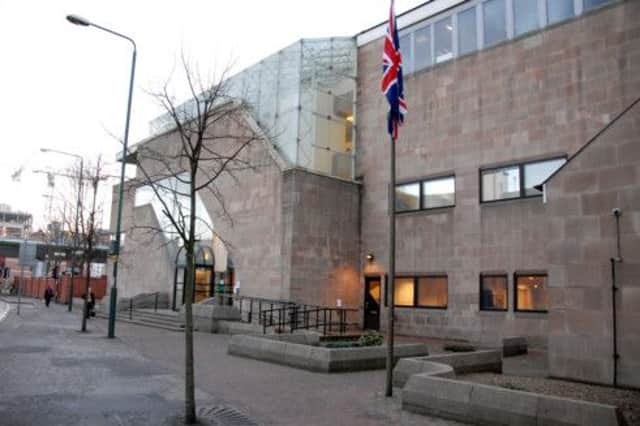Scott Gladwin trial: Infant had more than a dozen fractures to ribs


Scott Gladwin (20) has denied the manslaughter of baby Scott Cawthorne, who died on 6th February 2010, and who had been left in Gladwin’s care at his home on Woodland Avenue while the baby’s mum Kelly Middleton went to the shops.
Nottingham Crown Court today (Monday 4th November) heard from bone expert Professor Archie Malcolm, who examined the baby’s ribcage following his death.
Advertisement
Hide AdAdvertisement
Hide AdProfessor Malcolm told the court that baby Scott had more than a dozen fractures to his ribs, of which all but two dated from the time of the alleged attack - roughly three days prior to his death.
The two older fractures were described as minute and could have been up to four weeks old, the court heard.
The majority of the breaks were located at the front and side of the ribs, but several were in close proximity to his spine. Some ribs were also broken in two places, the court heard.
Professor Malcolm said: “In adults almost all of our ribs are made of hard, calcified bone, but in a four-and-a-half-month-old infant a lot of their ribcage is made up of cartilage or gristle.
Advertisement
Hide AdAdvertisement
Hide Ad“It’s quite strong but bends very easily, so with that in mind it’s more difficult to break the ribcage of an infant than an adult because as you squeeze, it bends and gives.”
When questioned by the defence, Professor Malcolm said that is was possible that the damage to the infant’s ribs could have been caused as he was given CPR.
But he told the court that there were no recorded incidents of damage being caused to the rear of a child’s ribcage or double breaks through CPR.
He also told the court that in a recent study of more than 900 children who had received CPR, only three had received broken ribs as a result.
Advertisement
Hide AdAdvertisement
Hide AdEarlier the court also heard from pathologist Dr Safa Al-Sarraj, who said that bleeding had been found in the child’s eyes and brain.
There had also been damage caused to the part of the brain which controls breathing and heart function, consistent with an infant being violently shaken, he said.
This would have caused the child to stop breathing and suffer a cardiac arrest, the court heard.
When questioned by defence lawyers, neither witness said they could tell whether the injuries had been inflicted by a man or a woman.
The trial continues tomorrow.